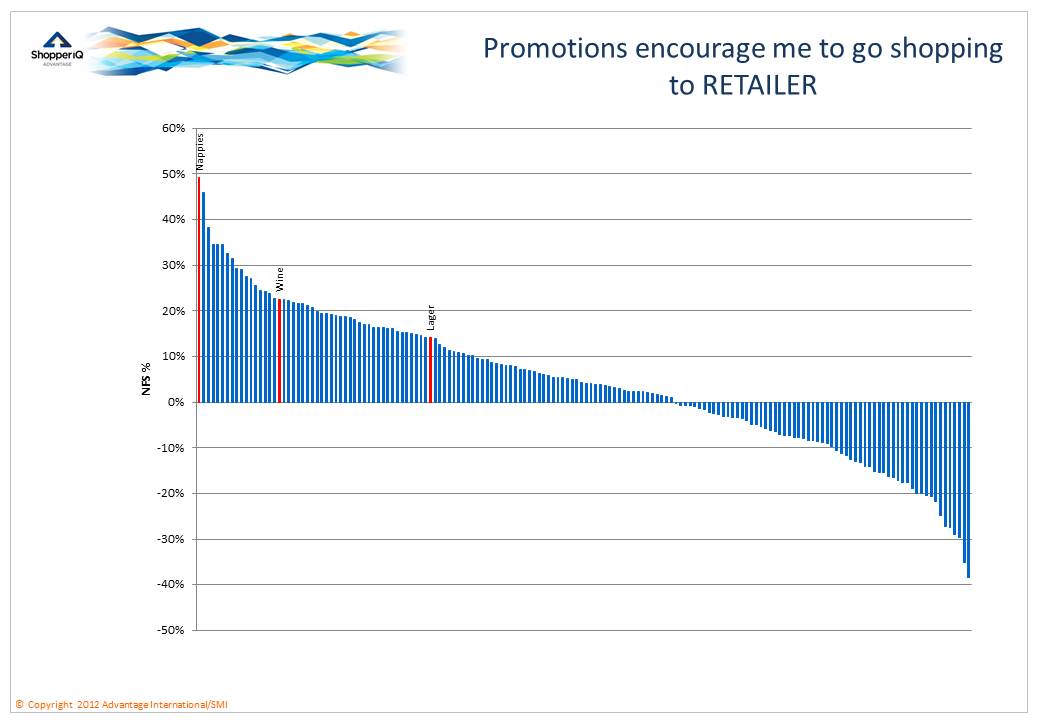Research and the Reptilian Brain
Research outcomes, benchmarking and the “reptilian” brain:
Human psychology has an interesting underlying trait that helps get impact and meaning from research. Since the dawn of time we have evolved to compete, to fight, to win. Our reptilian brain (the amigdala) psychologists believe is still running an operating system that was designed to keep us alive (and help us reproduce) long before the iPad and Starbucks…..
So what’s this got to do with driving outcomes from research?
Well, here’s my hypothesis, based on observations from our work as a benchmarking company. People gain meaning from comparisons because comparisons tap into an underlying human program; because the amigdala responds more to comparisons than just information.
Let me illustrate.
Consider two people. The person with the biggest house in a poor neighbourhood, and the person with the smallest house in a fancy neighbourhood. Which is the more content? Study after study says the former. And here’s the rub, he may actually be less well off in absolute terms than the former. The point is, its the comparison that creates meaning and emotion.
So putting this in research terms, lest demonstrate the effect:
Here is a fact from our UK shopper programme:
15% more UK shoppers agree than disagree with the assertion that “Promotions in Lager are a reason for me to go to a particular retailer”.
Say we are a beer company, that seems a pretty strong reason to beat our chest and say we should get priority for promotional space eg within store catalogues. Retailers may be quite happy to continue to run price promotions and build big displays at the front of the store.
How about I then tell you that the equivalent figure for Wine is 23% and in fact Lager is only mid ranked across the store. Wine is evidently a much more potentially powerful driver category for the store when promoted. Now how do our friends in the Beer company pitch their story? Its changed hasn’t it? What’s more the emotion has shifted, the dynamic is now one of working out how and why Wine is doing “better”. The recipients of the users may feel a bit concerned, a bit less comfortable. Retailers might start to think about whether discounting beer so much is as good an idea as they thought. That’s the power of comparison. And this may be a good thing in terms of driving improvement. Our friends at the brewer might now start to talk about making beer more engaging and usage occasion driven rather than price oriented….
If I then say that the highest rated category in the store is actually Nappies at nearly 50%, the dynamic for both beer and wine has dramatically changed. We can now start all sorts of debates about the nature of high value, high frequency necessities versus treat and indulgence categories. See chart below for the data:

Benchmarking has been used in many Industries for decades. Its been shown that comparison provides targets and goals, and engages the spirit for change. I think the same is true for research.
It’s a human issue, it creates a very different dynamic in any attempt to engage the audience/user. Time and time again we see how people react to being ranked “top” or “bottom” of any ranking list. It’s a powerful tool to drive meaning and emotion from data; engaging people for change rather than simply throwing out bald facts.
So if you want your research to have impact, go make comparisons.